MS-ETS1-1
Define the criteria and constraints of a design problem with sufficient precision to ensure a successful solution, taking into account relevant scientific principles and potential impacts on people and the natural environment that may limit possible solutions.
-
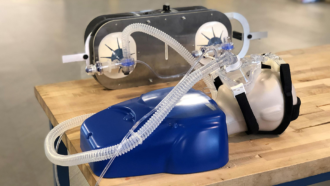 Tech
TechCOVID-19 victims could breathe easier with these innovations
Feared equipment shortages due to the COVID-19 pandemic have prompted research teams to develop novel technologies to help oxygen-starved lungs.
-
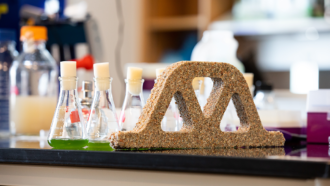 Materials Science
Materials ScienceThis ‘living’ concrete slurps up a greenhouse gas
Microbes help harden a mix of sand and gelatin into a living concrete that could interact with people and the environment in great new ways.
-
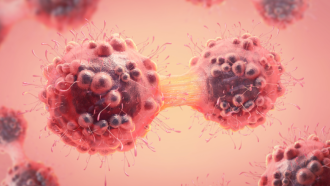 Health & Medicine
Health & MedicineNew ultrasound treatment kills off cancer cells
Low-frequency ultrasound destroys cancer cells while leaving most healthy cells intact.
-
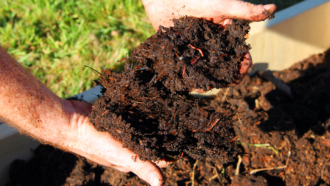 Environment
EnvironmentGreener than burial? Turning human bodies into worm food
Composting human bodies yielded good results — and good soil — in one small study. It could become an alternative to burial or cremation in one state.
-
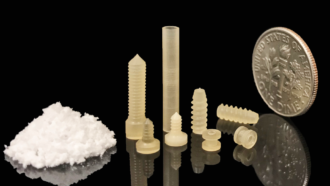 Materials Science
Materials ScienceSilk can be molded into strong medical implants
Freeze-dried and powdered silk has a long shelf life. It also is cheap to ship and can be molded into sturdy medical implants.
By Sid Perkins -
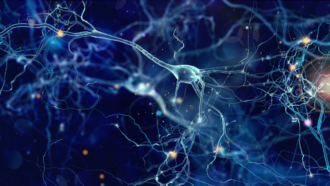 Brain
BrainZapping the brain may make it work right again
Sending electrical zaps to electrodes implanted deep in the brain can help people with Parkinson’s disease, depression and even obsessive-compulsive disorder.
-
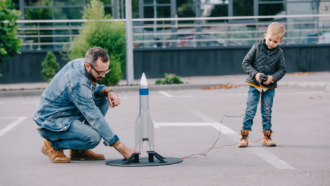 Science & Society
Science & SocietyScience isn’t just for scientists
It doesn’t take an advanced degree or a lab to do science. All you need is curiosity and an interest in learning something new every day.
-
 Physics
PhysicsThere’s science to making great fried rice
Scientists report finding the physics that seems to explain how chefs can quickly fry rice over a hot flame without burning the food.
-
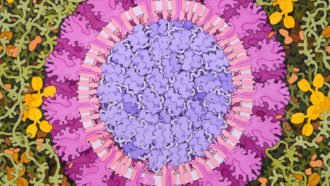 Health & Medicine
Health & MedicineSearch speeds up for vaccine against the new coronavirus
Scientists are investigating unusual ways to make drugs to prevent viral infections. One may even be able to treat already sick people.
-
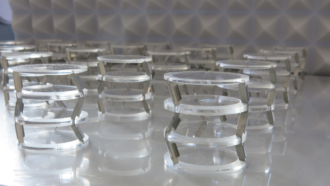 Materials Science
Materials ScienceNew twist can hush — even cloak — some sounds
Swiss engineers developed clear, spiral structures to make a new sound-dampening system. Those twists block some vibrations and lets others through.
-
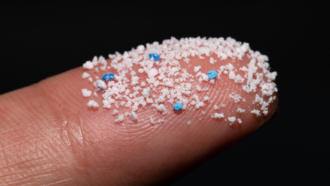 Earth
EarthHelp for a world drowning in microplastics
Microplastic pollution in our oceans and lakes is a problem. Scientists are testing solutions — from more biodegradable recipes to nanotechnology.
By Sharon Oosthoek and Maria Temming -
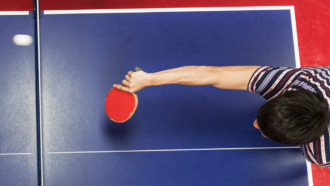 Materials Science
Materials ScienceSelf-powered surface may evaluate table-tennis play
Scientists at the Georgia Institute of Technology built a 'smart' surface on which to play table tennis. It can track the location, speed and direction of the ball.